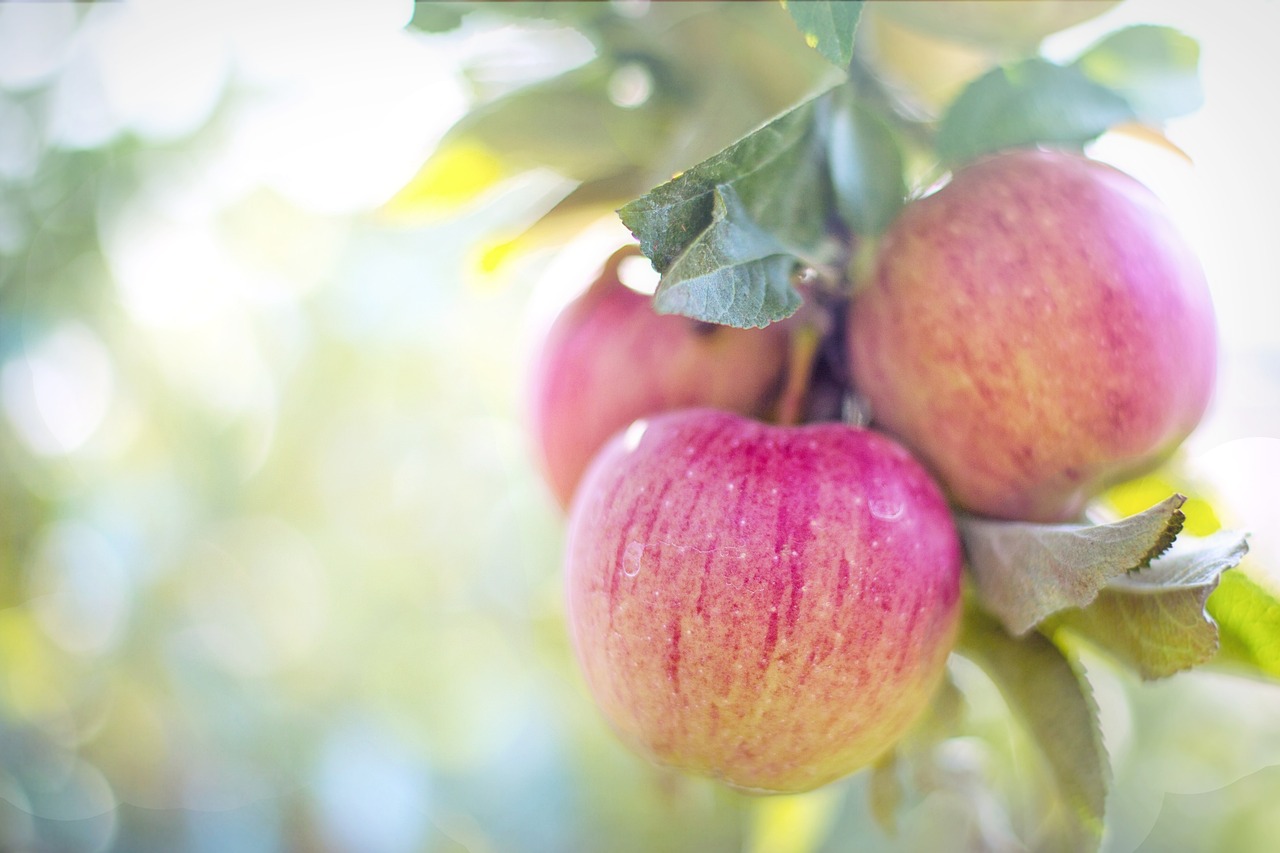The Benefits of Food Composting
Food composting is a crucial practice that can significantly reduce waste and benefit the environment. When food scraps are sent to landfills, they decompose anaerobically, producing methane gas that contributes to greenhouse gas emissions. By composting food waste instead, we can help mitigate these harmful effects on our planet.
Additionally, food composting plays a key role in enriching soil health and promoting sustainable agriculture. Compost acts as a natural fertilizer, providing essential nutrients to plants and improving soil structure. This results in healthier crops and reduces the need for synthetic fertilizers, ultimately supporting a more environmentally friendly and sustainable food production system.
Reducing Landfill Waste through Food Composting
Food composting is a sustainable practice that plays a crucial role in reducing the amount of waste sent to landfills. By diverting food scraps and organic materials from ending up in landfills, composting helps minimize the production of harmful greenhouse gases such as methane, which contribute to climate change. Instead of contributing to environmental degradation in landfills, composted food waste can be transformed into nutrient-rich soil that can be used to enrich gardens, farms, and green spaces.
In addition to its positive environmental impact, food composting also offers economic benefits by reducing the costs associated with landfill waste management. Municipalities and waste management companies incur significant expenses in transporting, processing, and disposing of organic waste in landfills. By implementing food composting programs, these costs can be reduced, leading to potential savings for local governments and taxpayers. Ultimately, food composting presents a practical and sustainable solution for diminishing landfill waste and promoting a more environmentally conscious approach to waste management.
Why is food composting important?
Food composting is important because it helps to reduce the amount of organic waste that ends up in landfills, where it contributes to greenhouse gas emissions. Composting also creates nutrient-rich soil that can be used to improve agricultural practices.
How does food composting help reduce landfill waste?
When food scraps are composted, they are broken down into nutrient-rich soil instead of sitting in a landfill where they would release harmful greenhouse gases as they decompose.
What can be composted from food waste?
Fruit and vegetable scraps, coffee grounds, eggshells, and other organic materials can be composted from food waste.
Is food composting difficult to do?
Food composting can be as simple as setting up a compost bin in your backyard or using a composting service. With a little effort, anyone can compost their food waste.
How long does it take for food waste to compost?
The length of time it takes for food waste to compost can vary depending on the conditions and the materials being composted. On average, food waste can compost in a few months to a year.
What are the benefits of food composting?
Food composting helps reduce landfill waste, decreases greenhouse gas emissions, improves soil quality, and promotes sustainable practices in waste management.





